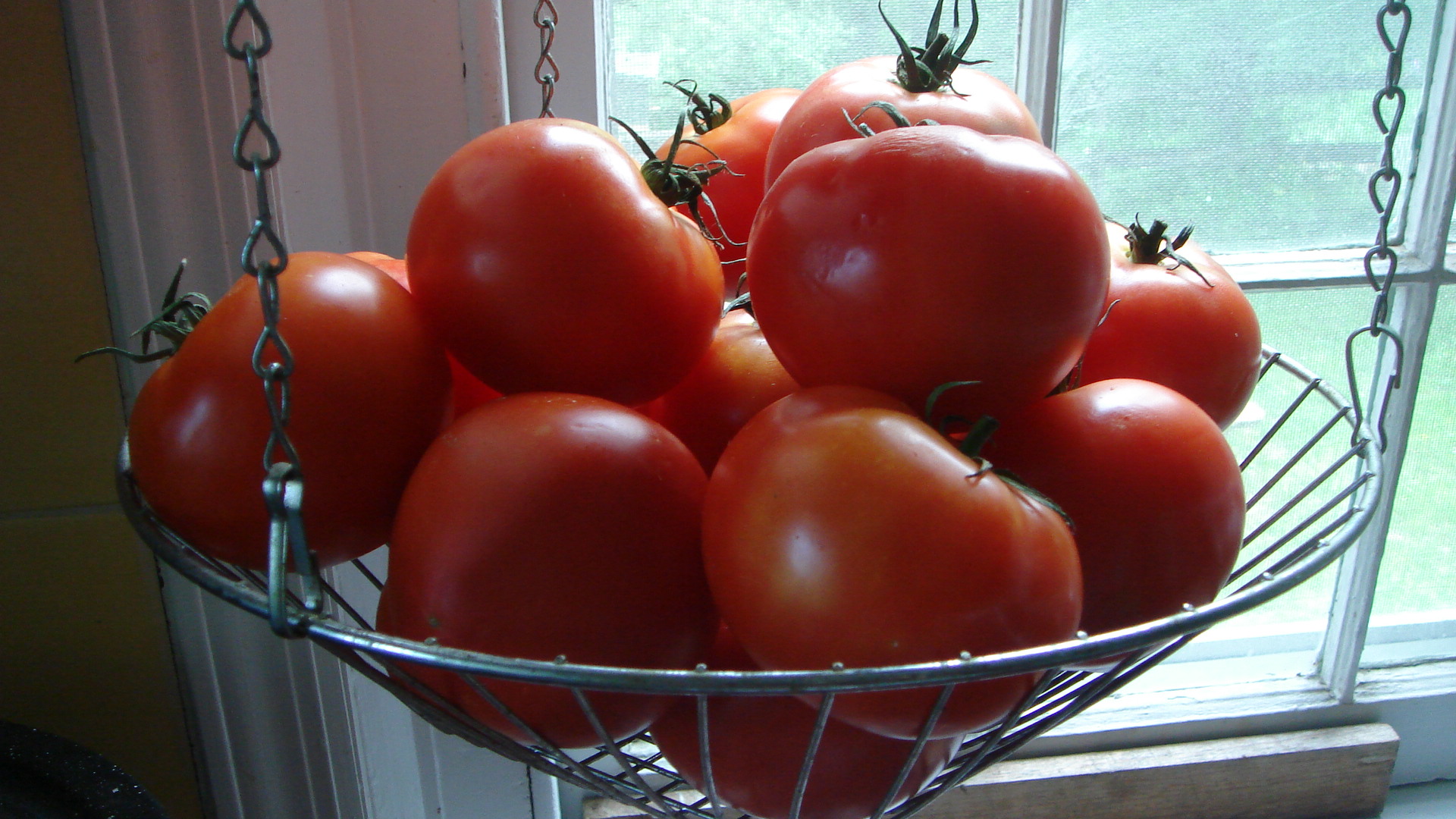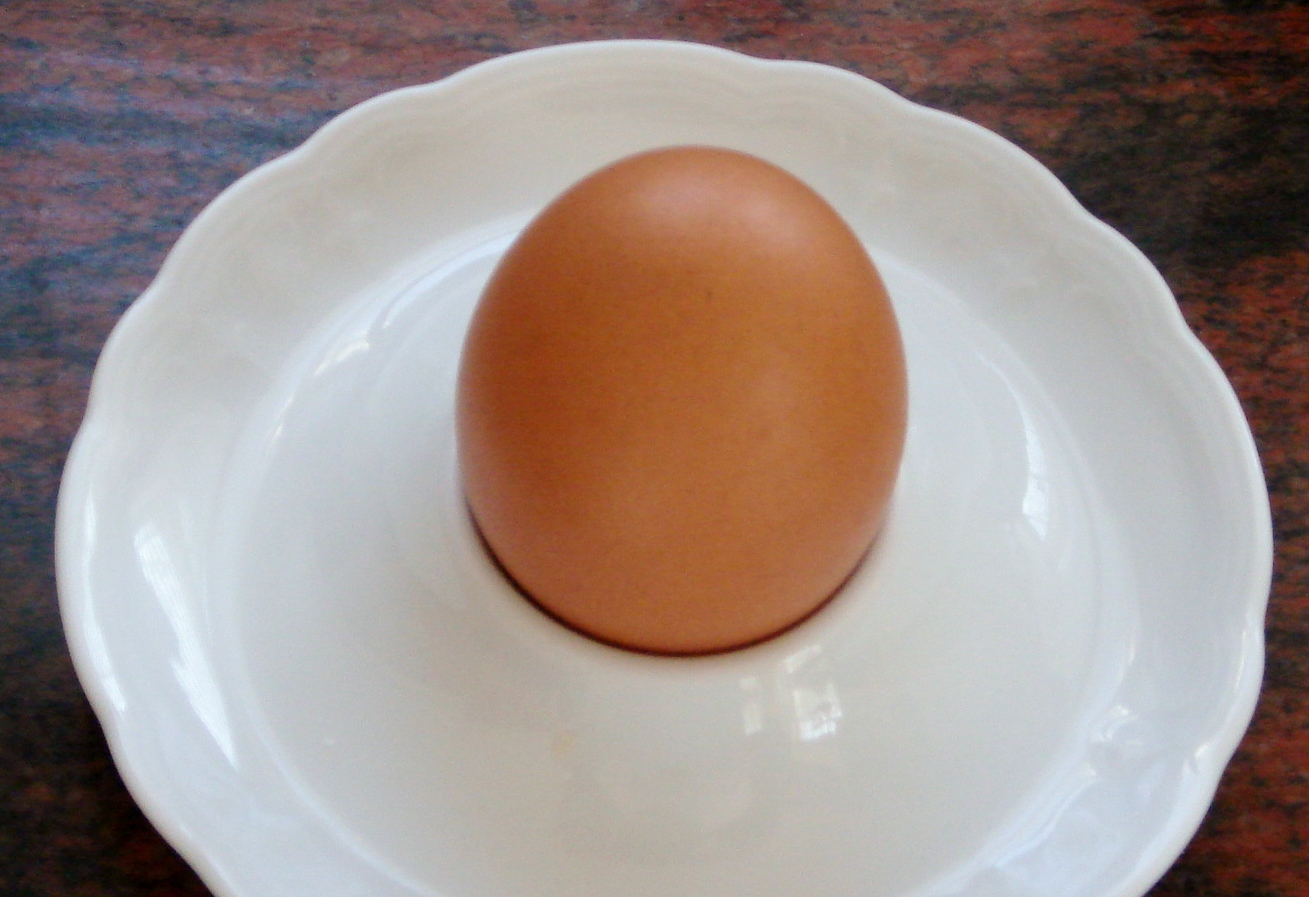 My shopping logistics have changed drastically over the past 10+ years since I have shopped for more and more organics. In order to get the best variety and price on produce I order every 4 weeks from Albert's Organics through our food coop, through which I also get bulk groceries. Getting bulk produce in huge loads all at once takes some getting used to.
My shopping logistics have changed drastically over the past 10+ years since I have shopped for more and more organics. In order to get the best variety and price on produce I order every 4 weeks from Albert's Organics through our food coop, through which I also get bulk groceries. Getting bulk produce in huge loads all at once takes some getting used to. 
When my son was a toddler I belonged to a biodynamic working CSA. When I’d return from my once-a-week work and harvesting sessions loaded with the freshest and ripest vegetables right from the field I got used to processing large amounts of vegetables since it was impossible to eat it all right away. And I don’t mean canning (haven’t learned that yet), but cooking some, keeping some in the fridge, keeping some in the cool basement, and blanching and freezing some more. 
I keep the fruit in large bowls around the house, which looks so beautiful and abundant. The fruit lasts about two weeks, bananas keep well and ripen slowly, but sometimes we end up having to sauté them slowly in butter (with a pinch of curry) for dessert (very good with vanilla ice cream, too), sometimes I make banana bread and muffins, and in a real pinch I'll freeze them (works just fine for muffins). Some of the pears I roast in the oven, brushed with olive oil, salted and peppered (wonderful with blue cheese and some walnuts for dessert, or sliced on arugula salad (with goat cheese and honey), or simply eaten as a snack. Apples keep, and if they start to go they get juiced with carrots. The peaches are trickier because they ripen, and potentially go bad, all at once – so I am envisioning peach jam, ½ organic sugar, ½ peaches by weight, slowly cooked on the stove top until reduced by ??? (I forgot, maybe by 1/3). Since I am no canning expert, I simply freeze the few jars (just finished the rest of some plum butter from last August). Tuesday I got many pounds of plum tomatoes and decided to make a quick sauce (onions, garlic, tomatoes, bay leaf, honey, balsamic vinegar) slowly simmered for an hour or so, then pureed, and voilà – several jars of sauce, which I froze (good for making homemade pizza or calzones, pasta of course, English muffin pizzas…).



